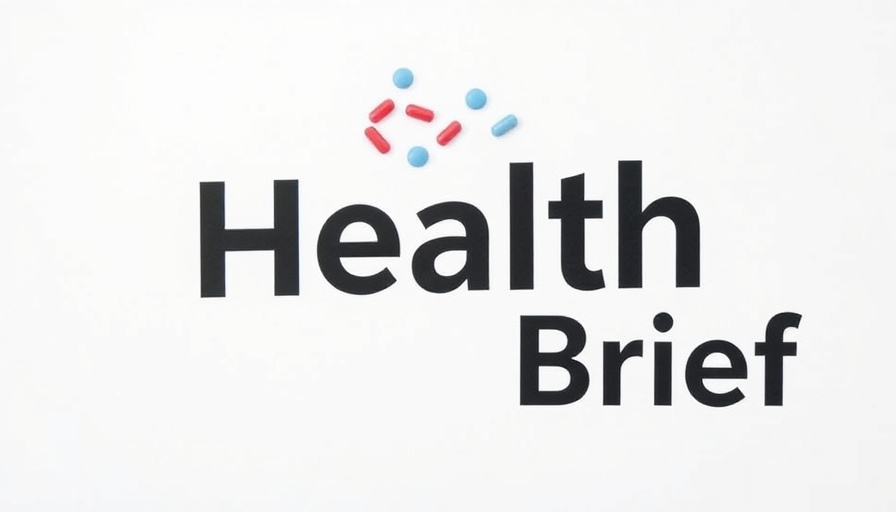
Watchdog Raises Concerns Over Medicare Advantage Home Visits
In an unfolding controversy, a federal watchdog has spotlighted Medicare Advantage's practice of home visits, claiming it leads to unnecessary spending of billions. An audit from the Health and Human Services Inspector General unveiled that in 2023, insurers gained $7.5 billion by diagnosing conditions without subsequent medical treatments, with $4.2 billion arising from in-home health assessments.
CMS and Insurance Industry On The Defense
While the watchdog urges stringent control on this practice, the Centers for Medicare and Medicaid Services (CMS) remain reluctant, defending their current approach. CMS maintains that home-based care is essential, aligning with insurance giants like UnitedHealthcare, who defend the assessments as critical in laying groundwork for necessary healthcare interventions. However, critics argue these assessments might be exaggerated to increase payments, casting doubt on the ethical practices within Medicare Advantage.
Historical Context and Background
The Medicare Advantage program, providing care to over 33 million Americans, has been under scrutiny for years. Initially designed to offer comprehensive services at reduced out-of-pocket costs for enrollees, this program is largely managed by private insurers. Over time, reports and lawsuits have surfaced about systemic challenges where patient conditions are allegedly overstated to maximize profit through tax dollars.
Future Predictions and Trends
Looking forward, the spotlight on Medicare Advantage home visits might drive policy changes if CMS decides to heed the watchdog's recommendations. As healthcare continues evolving, a balanced watch on expenditure against patient care might reshape how assessments influence Medicare payments. Stakeholders in the healthcare ecosystem may anticipate pressure for transparency and accountability, potentially fostering innovations in care delivery.
 Add Row
Add Row  Add
Add 




 Add Row
Add Row  Add
Add 



Write A Comment